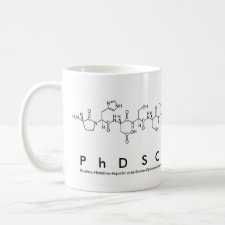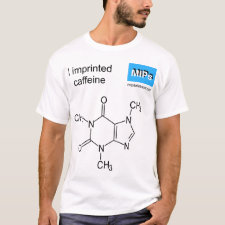
Authors: Wei SL, Guo XJ, Wang HW, Tian YX, Yan ZJ
Article Title: Preparation of Caffeine Molecularly Imprinted Polymers and Application on Solid Phase Extraction.
Publication date: 2012
Journal: Chinese Journal of Analytical Chemistry
Volume: 40
Issue: (7)
Page numbers: 1071-1075.
DOI: 10.3724/SP.J.1096.2012.11164
Alternative URL: http://210.14.121.5:8080/fxhx/EN/abstract/abstract933.htm
Abstract: The molecular imprinted polymer (MIP) was synthesized by precipitation polymerization with caffeine as template,methacrylic acid (MAA) as functional monomer and ethylene glycol dimethacrylate (EDMA) as cross-linker. Compared with non-imprinted polymer (NIP) particles, the prepared MIP sorbent showed high adsorption capacity and selectivity for caffeine. The maximum static adsorption capacity of the MIP and NIP sorbent for caffeine was 28.1 mg/g and 16.5 mg/g, respectively. The relatively selective factor value was 1.25. Using the caffeine-imprinted polymer as a solid phase extraction(SPE) sorbent, a novel sample pretreatment technique that can be coupled to high performance liquid chromatography (HPLC) had been developed for the determination of caffeine in tea and human plasma after administration of tea. The effects of the type and amount of elution solvents on the recovery of caffeine were investigated. After optimization of SPE profile, the caffeine extraction recovery of 97.5% was obtained when the following procedure was applied to MIPs cartridge: conditioning with 2 mL water, loading with water, washing with 2 mL water, eluting with 6 mL methanol-acetic acid (9:1, V/V). The recovery of caffeine on NIPs cartridge was only 54.9%.
Template and target information: caffeine
Author keywords: caffeine, molecular imprinted polymer, Solid-phase extraction, tea, human plasma



Join the Society for Molecular Imprinting

New items RSS feed
Sign-up for e-mail updates:
Choose between receiving an occasional newsletter or more frequent e-mail alerts.
Click here to go to the sign-up page.
Is your name elemental or peptidic? Enter your name and find out by clicking either of the buttons below!
Other products you may like:
 MIPdatabase
MIPdatabase









